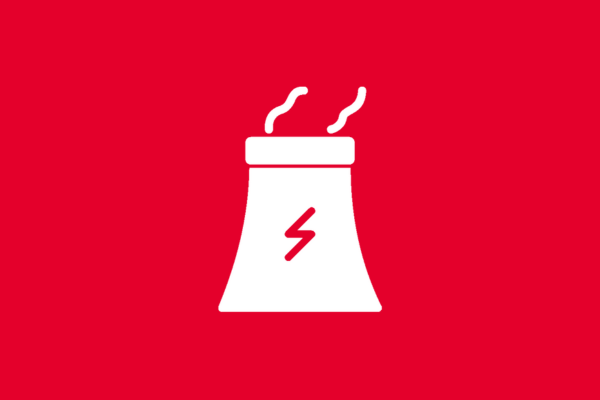- Fundamentals of electrochemical corrosion. Basic terms, relations and dependencies. Types of corrosion. Problems caused by corrosion. Atmospheric corrosion of metals, corrosion in waters.
- Corrosion in high temperature gases: thermodynamics, kinetics, reactions. Types of corrosion in oxidation and reduction atmospheres; hydrogen damage. Refractory steels and alloys.
- Basic design of energy units (classic, nuclear, heating, water turbines, other sources).
- Load and damaging behaviour of construction materials in the energy industry.
- Mechanism of specific damage to metals stimulated by the environment in power plants.
- Damage in the environment of energy sources (classical energy, alternative fuels, nuclear power), pressurized circuits, cooling circuits, auxiliary circuits (desulphurization, preparation of additives and correction preparations, etc.).
- Corrosion in atypical environments and minority energy sources.
- Specific types of metal damage in nuclear power plants.
- Processes of controlled aging of energy components.
- Procedures for protection of metals against damage in energy circuits, justification of general principles.
- Choice of material. Modification of the environment (flue gas, primary circuit, pressure circuit).
- Surface treatments, structural modifications, electrochemical (cathodic) protection.
- Corrosion monitoring and corrosion intensity observations.
- Corrosion in high temperature gases: thermodynamics, kinetics, reactions. Types of corrosion in oxidation and reduction atmospheres; hydrogen damage. Refractory steels and alloys.
- Basic design of energy units (classic, nuclear, heating, water turbines, other sources).
- Load and damaging behaviour of construction materials in the energy industry.
- Mechanism of specific damage to metals stimulated by the environment in power plants.
- Damage in the environment of energy sources (classical energy, alternative fuels, nuclear power), pressurized circuits, cooling circuits, auxiliary circuits (desulphurization, preparation of additives and correction preparations, etc.).
- Corrosion in atypical environments and minority energy sources.
- Specific types of metal damage in nuclear power plants.
- Processes of controlled aging of energy components.
- Procedures for protection of metals against damage in energy circuits, justification of general principles.
- Choice of material. Modification of the environment (flue gas, primary circuit, pressure circuit).
- Surface treatments, structural modifications, electrochemical (cathodic) protection.
- Corrosion monitoring and corrosion intensity observations.
